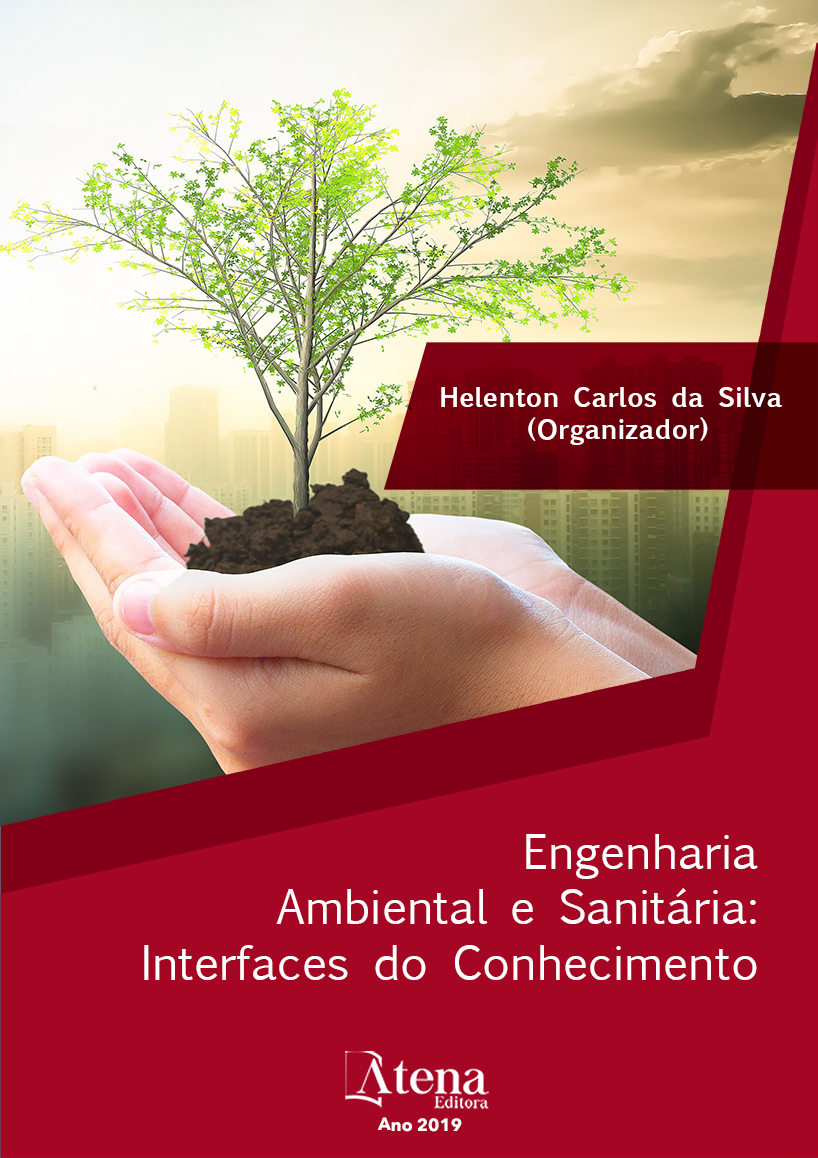
Evolução de adesão da coleta seletiva nos municípios do estado do Paraná de 2002 a 2017
Em decorrência do aumento populacional concomitantemente há uma elevação na geração de resíduos, e se gerenciados de forma inadequada ocasionam impactos negativos em diversas esferas. Vinculado a essa temática, foi promulgada, em 2007, a Política Nacional de Saneamento e, em 2010, a Política Nacional de Resíduos Sólidos. Ao encontro dessa evolução legislativa e instrutiva, está o Sistema Nacional de Informação sobre Saneamento, uma base de dados gratuita e optativa, em que os municípios retratam anualmente a situação do gerenciamento de seus resíduos. Desta forma, este artigo objetiva analisar a adesão dos municípios do estado do Paraná frente aos sistemas de coleta seletiva e à participação de catadores nesses sistemas, por meio da base de dados dos anos de 2002 a 2017 disponíveis, bem como mensurar a participação dos municípios frente a esse diagnóstico online. Foi possível constatar que, entre 2002 e 2008, pouquíssimos municípios alimentaram o sistema, reflexo do desestímulo fiscal e legislativo referente à temática. Após a promulgação da política de saneamento e da possibilidade de aquisição de financiamento por parte dos municípios, 46% deles começaram a preencher esse sistema, e desse total, 65% implantaram os sistemas de coleta seletiva. Em contrapartida, a existência de catadores nesses sistemas não seguiu uma tendência linear, apresentou uma equiparidade entre 2009 e 2013, e um distanciamento entre 2012 e 2016. Mesmo após todo o incentivo quanto ao gerenciamento adequado dos resíduos, percebe-se ainda que 20% dos municípios não preenchem essa importante base de dados, acarretando resultados muitas vezes distantes da realidade estadual.
Evolução de adesão da coleta seletiva nos municípios do estado do Paraná de 2002 a 2017
-
DOI: 10.22533/at.ed.9351909109
-
Palavras-chave: Gestão ambiental. Resíduos Sólidos Urbanos. Saneamento básico. SNIS.
-
Keywords: Environmental management. Urban solid waste. Basic sanitation. NSIS.
-
Abstract:
As a result of the population increase concomitantly there is an increase in waste generation, and if improperly managed cause negative impacts in various spheres. Linked to this theme, the National Sanitation Policy was promulgated in 2007 and the National Solid Waste Policy in 2010. Meeting this legislative and instructive evolution is the National Sanitation Information System, a free and optional database in which municipalities annually portray the status of their waste management. Thus, this article aims to analyze the adherence of the municipalities of the state of Paraná to the selective collection systems and the participation of waste pickers in these systems, through the database available from 2002 to 2017, as well as to measure the participation of the municipalities. facing this online diagnosis. It was found that between 2002 and 2008, very few municipalities fed the system, reflecting the fiscal and legislative discouragement regarding the theme. Following the promulgation of the sanitation policy and the possibility of obtaining financing from the municipalities, 46% of them began to fill this system, and of this total, 65% implemented the selective collection systems. On the other hand, the existence of waste pickers in these systems did not follow a linear trend, being evenly matched between 2009 and 2013, and a gap between 2012 and 2016. Even after all the incentive for proper waste management, it is still noticed that 20% municipalities do not fill this important database, resulting in results that are often far from the state reality.
-
Número de páginas: 15
- Thiago Silva Souza
- Ivonete de Souza Gabriel
- Ana Paula Tanabe
- Máriam Trierveiler Pereira
- Leticia Framesche


